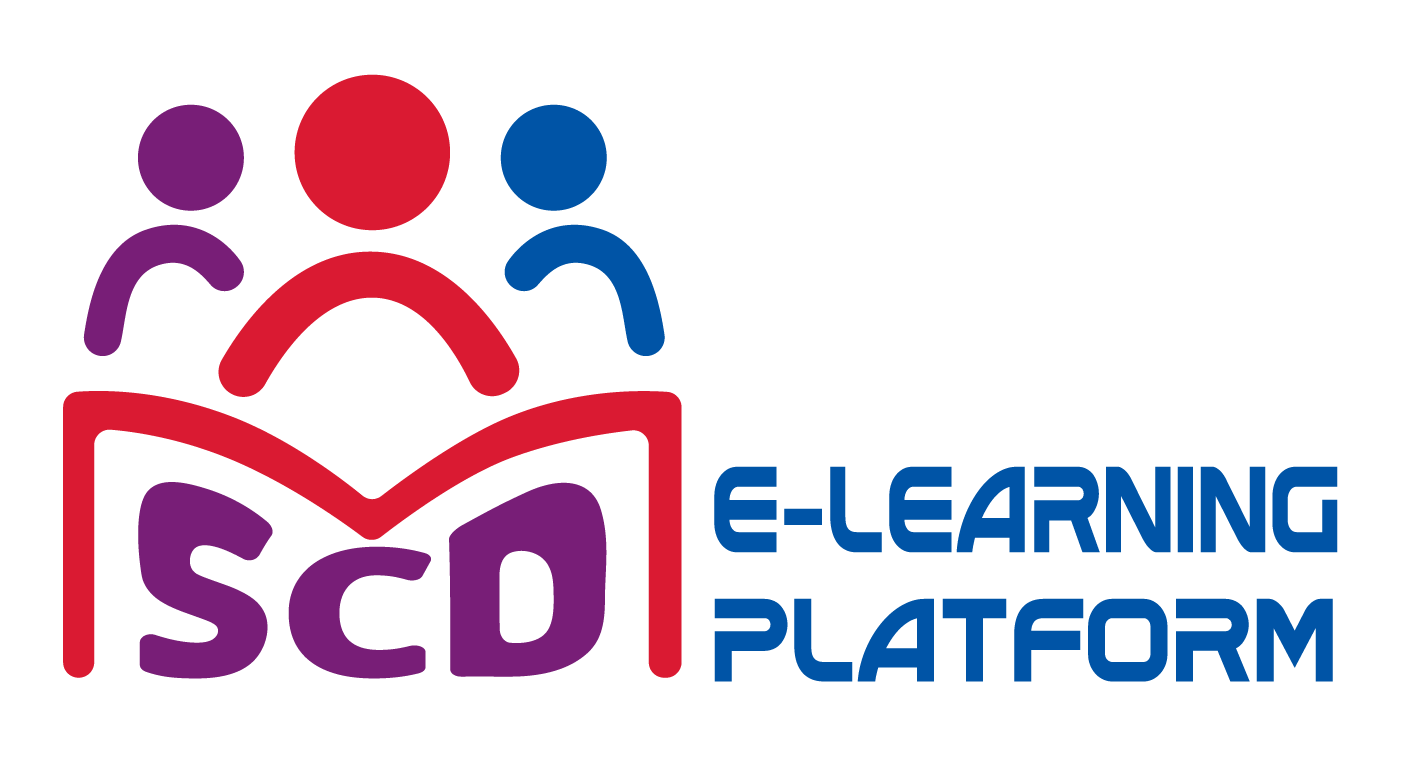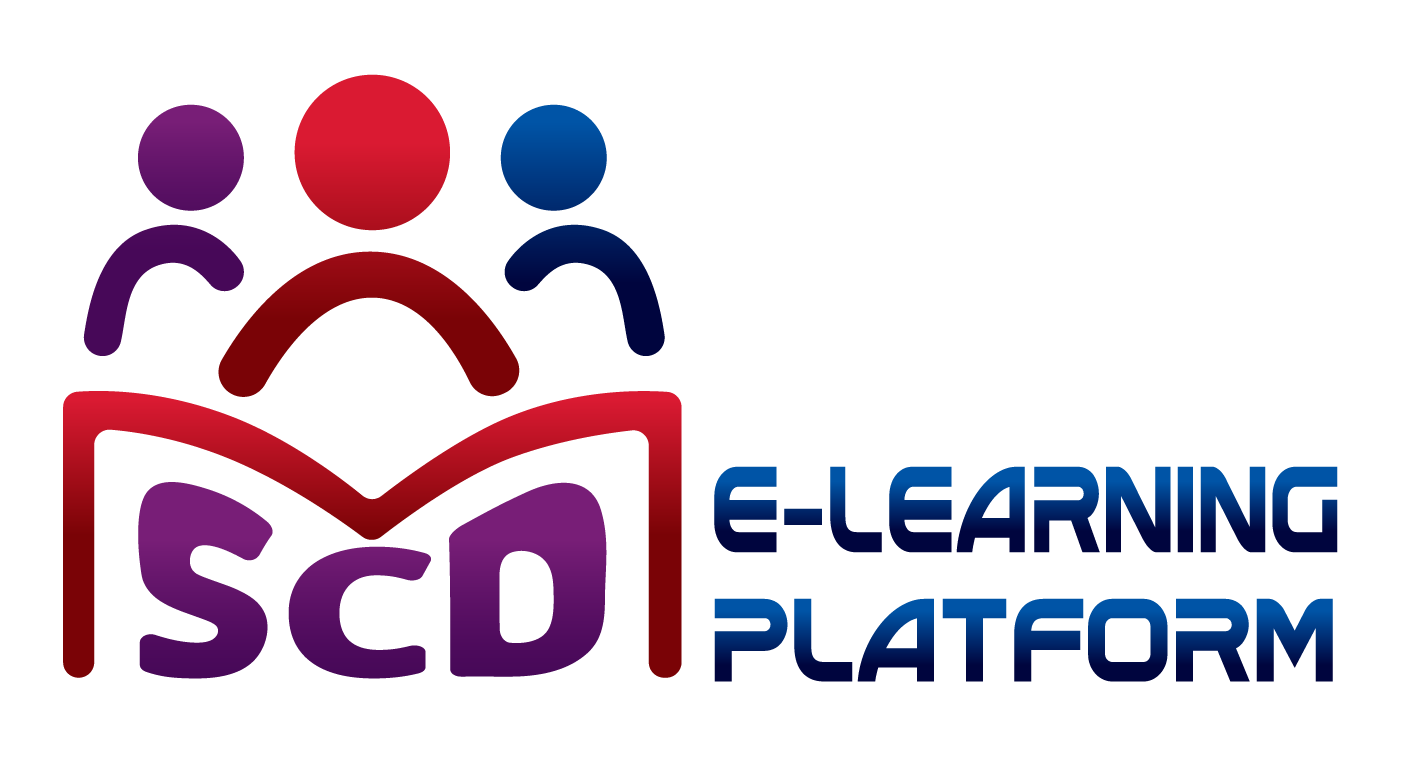Overview
Schedule
Small Entrepreneur Development and Management (SEDM1) – Tuesday & Thursday, 1:00pm – 3:00pm.
First Class July 6th, 2021
Introduction
Many individuals in our communities dream of starting businesses, but oftentimes lack understanding the theoretical as well as practical knowledge of negotiating and access to start-up funding. Also, they may possess limited business training and resources to start, manage or grow their small business operations.
This course seeks to help participants understand business basics; create and maintain a strong small business plan, as well as gain an understanding of prudent financial operation, as well as manage personal, human, and financial resources as they grow their business
It introduces foundation competencies and practical skills that promote an understanding of the definition and scope of entrepreneurship and financial management.
Motivation
Whether you’re .looking to start a small business or expand your current one and not sure where to begin, this course focuses on the participants who have an interest in becoming a business owner/entrepreneur or a person who has already started a business but wishes to add to their skill set. As they move their business ideas into start-ups and towards becoming successful small sole business owners or entrepreneurs within our national economic culture.
Participants will be presented with business acumen and an opportunity to understand how to manage their finance and balance risks and rewards in starting a new venture and investments by using the best business tips, techniques and lessons learn as small business operators.
The course seeks to improve small business owners self-esteem by empowering them with skills and techniques required to infuse an entrepreneurship culture and innovation into small community-based business operations which can benefit their local communities and our nation’s economy.
Objectives
The aim of this course is to provide participants with the basic knowledge, skills, and techniques required to understand and operate a micro or small business enterprise as well as conduct prudent business planning and financial management and how.
At the end of this course, participants should be able to:
- Prepare a sound small business plan
- Execute .a careful and organised business approach
- Develop proper goal setting when seeking to invest.
- Identify financial management practices, rules, and tools that are commonly available to a small business
- Practise Identify financial management practices
- Institute objective business decision making and risk behaviours in
Entry Requirements
Individuals interested in participating must be fifteen (15) years and over and have the following:
- Two (2) valid forms of picture Identification (Identification Card / Passport).
- A digital device and internet access for virtual learning.
- An interest in creating a small business operation.
Course Structure
| Course Codes | Course Titles |
| Level I | SMALL ENTREPRENEUR DEVELOPMENT AND MANAGEMENT – 1 |
| SEDM1 |
Course Modules
- Module 1:
- Introduction to the elements of Small Entrepreneur Development and Management.
- Do you want to own a business?! Using Self Evaluation Lists
- Choosing the Right Business
- Know, Describe, and Identify your Business
- Retail, wholesale, service, etc
- Writing a Problem Statement
- Know, Describe, and Identify your Business
- Assignment 1 –
- Self – Evaluation Lists
- A statement of what your business will solve – 100 words
- Business Description
- Taste, Trends, and Technology: Future of your business
- Assignment 2 –
- Presenting your business description – 300 words.
- Future Trends Statement – 100 words
- Module 2:
- Will my business make money?
- Forecasting
- Break-Even Analysis
- Profit and Loss Forecast
- Cash Flow Analysis
- Required Investing
- Forecasting
- Assignment 3- Presenting a financial plan /approach – Cash Flow Forecast.
- Will my business make money?
- Module 3:
- Financial Management for Small Business: –
- Budgeting, Record Keeping, Balance Sheet, Income Statement
- Pricing products and monitoring business expenses, costs, and budget planning.
- Financial Analysis: Keep track of profit and loss, understanding financial statements, and determine plans and long-term goals for the overall health of the business.
- Financial Management for Small Business: –
- Module 4:
- Understanding the basics element of marketing and determining your audience, developing a marketing plan.
- Competition Analysis
- Determining target audience
- Reaching Target Customers
- Technology and Digital marketing
- Market Research
- Assignment 4- Describe your target customer – 150 words
- Assignment 5- Presenting / outline of your marketing plan – 300 words
- Understanding the basics element of marketing and determining your audience, developing a marketing plan.
- Module 5:
- Explore Basic Organizational Behaviour theory and its applications as it relates to small business management; Small Business Owners as manager
- Personnel plan
- Assignment 6- Write a Personnel Plan – 150 words
- Explore Basic Organizational Behaviour theory and its applications as it relates to small business management; Small Business Owners as manager
- Module 6:
- Introduction to Risk Managing and Mitigation Approaches.
- Risks facing your business
- Assignment 7- Write a risk analysis /outline – 300 words
- Introduction to Risk Managing and Mitigation Approaches.
- Module 7:
- Keeping on the Path for Success
- How to deal with Success or Failure
- Keeping on the Path for Success
- Module 8:
- Selling and Presenting your Business Plan
- Consider a consultant
- Selling and Presenting your Business Plan
- Module 9:
- Review Finalizing and Constructing a Business Plan
- Module 10:
- Final Evaluation/Assessment – Presentation of your Business Plan (POWERPOINT – 10 slide max. excluding title slide); Business Plan Packet
N.B Each Module consists of two (2) classes/ four (4) hours
Course Cost
Tuition is free of charge, but trainees are required to provide their own training materials and equipment.
.
Assessment Structure
Participants will be assessed at different intervals over the training period as continuous assessment focuses towards reducing anxiety with respect to the finality of testing. A model of continuous in-course assessment coupled with a final assessment project is proposed for this course. This assessment method, therefore, enhances learning since trainees will be able to remediate weaknesses before each module ends.
Curriculum
-
Course Lessons
- Small Entrepreneur Development and Management (SEDM1) Module 1 Day 1
- Small Entrepreneur Development and Management (SEDM1) Module 1 Day 2
- Small Entrepreneur Development and Management (SEDM1) Module 2 Day 3
- Small Entrepreneur Development and Management (SEDM1) Module 2 Day 4
- Small Entrepreneur Development and Management (SEDM1) Module 3 Day 5
- Small Entrepreneur Development – Financial Management Quiz
- Small Entrepreneur Development and Management (SEDM1) Module 3 Day 6
- Small Entrepreneur Development and Management (SEDM1) Module 4 Day 7
- Small Entrepreneur Development and Management (SEDM1) Module 4 Day 8
- Small Entrepreneur Development and Management (SEDM1) Module 5 Day 9
- Small Entrepreneur Development and Management (SEDM1) Module 5 Day 10
- Small Entrepreneur Development and Management (SEDM1) Module 6 Day 11
- Small Entrepreneur Development and Management (SEDM1) Module 6 Day 12
- Small Entrepreneur Development and Management (SEDM1) Module 7 Day 13
- Small Entrepreneur Development and Management (SEDM1) Module 7 Day 14
- Small Entrepreneur Development and Management (SEDM1) Module 8 Day 15
- Small Entrepreneur Development and Management (SEDM1) Module 8 Day 16
- Small Entrepreneur Development and Management (SEDM1) Module 9 Day 17
- Small Entrepreneur Development and Management (SEDM1) Module 9 Day 18
- Small Entrepreneur Development and Management (SEDM1) Module 10 Day 19
- Small Entrepreneur Development and Management (SEDM1) Module 10 Day 20



